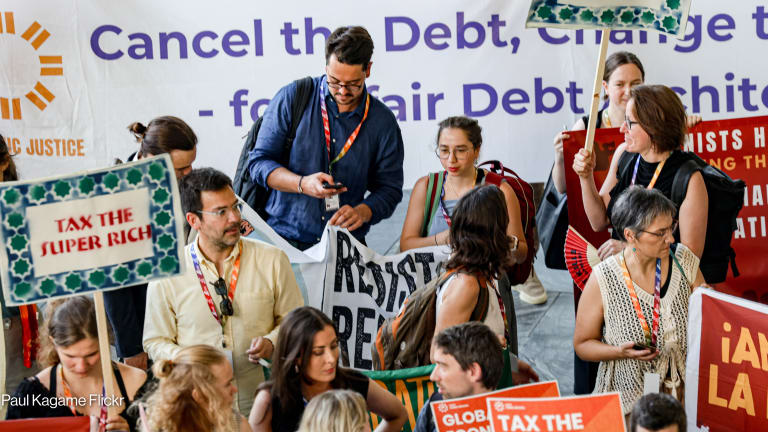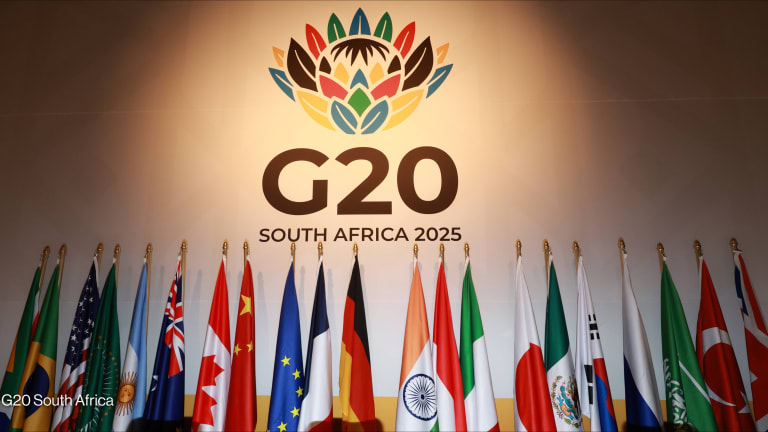When it comes to restructuring the world’s debt, Mia Mottley and Amina Mohammed agree: The status quo isn’t working, and the stakes could not be higher.
“Don’t be arrogant about feeling that civilizations can’t fall, or species can’t become extinct,” warned Mottley, the prime minister of Barbados, at the Global Inclusive Growth Summit last Thursday. “The notion that in the 21st century, we cannot become a failed civilization or failed humanity is unbelievable.”
For Mottley, it’s personal. When the prime minister took office in 2018, Barbados had the third-highest debt-per-capita rank of any country in the world. Within one week, Mottley said, she knew she had to restructure the country’s debt.
Printing articles to share with others is a breach of our terms and conditions and copyright policy. Please use the sharing options on the left side of the article. Devex Pro members may share up to 10 articles per month using the Pro share tool ( ).








